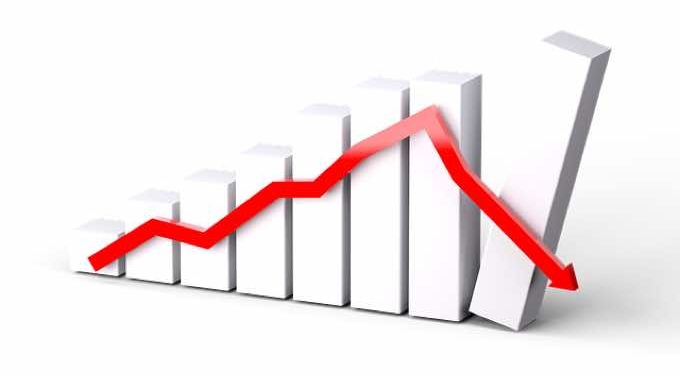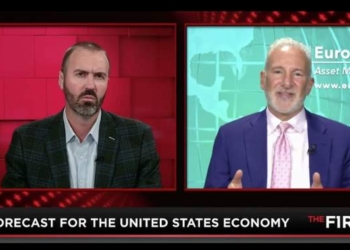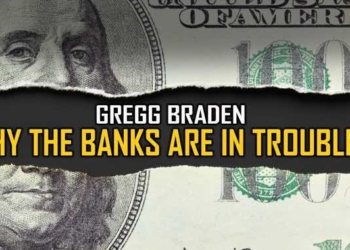 Between 1929 and 1939, America and many European countries experienced severe economic depression. Afterwards, for the most part, a continuous uptick until 2008, when the economy recessed worse than the great depression. While the economy will have another downturn at some point in time, it might not be tomorrow, or even within the next couple years, but it likely will occur. You may hear some adding to their basement stockpile in case of disaster, perhaps more importantly, you can prepare your finances for the next financial crisis.
Between 1929 and 1939, America and many European countries experienced severe economic depression. Afterwards, for the most part, a continuous uptick until 2008, when the economy recessed worse than the great depression. While the economy will have another downturn at some point in time, it might not be tomorrow, or even within the next couple years, but it likely will occur. You may hear some adding to their basement stockpile in case of disaster, perhaps more importantly, you can prepare your finances for the next financial crisis.
Create an Emergency Fund
Many multi-step financial security programs start with building an emergency fund. Why? Because emergencies happen as your car might break down, or the power could go out for hours the day after your big grocery shopping trip. You can’t plan for emergencies down to the dollar, but building up to a few thousand dollars set aside can make emergencies less stressful. If you’re living paycheck to paycheck already, put aside money each week by transferring over to your savings account, especially when you find the urge to go out for unnecessary expenses. If you have regular spending on items such as coffee, smoking, or fast food, that you can always find ways to reduce spending and put your hard-income towards an emergency fund.
Pay Off Debt
Paying down and paying off debt will help you by first, immediately lower your monthly payments. Second, it will free up your available credit if you have an emergency that your account can’t cover. Third, it builds your credit so you can take advantage of the best interest rates on the market. Ultimately, paying off credit card debt is a popular goal, but can only be achieved if you can limit spending and really put a dent into the balance each month.
Have A Side Hustle
A side hustle or second job can not only make ends meet, but it can significantly impact your day to day life. It might seem unrealistic that a second job can make life easier, but it does. Financial stress takes over everyone when the economy is terrible. If you’re the one person who regularly works two jobs or put in a few hours of work on the side, it’s not stressful for you, because it’s normal. There are side hustles that anyone can do, including babysitting, checking in on the elderly, helping local business with some of the paperwork, or working part-time at a fast food place near your home. There are endless ways to make money on the side, if you’re willing to put in the extra work.
Treat Bonuses and Tax Returns Separate from Income
Many families begin looking forward to their tax return to handle regular bills or annual payments like car registration. This starts the cycle though of not being able to afford daily living. The same goes for bonuses, if you know that you get a $50 bonus from your work near the holidays, don’t factor that into your grocery budget. Hold on to bonuses, and tax returns for emergencies. In some cases, bills become emergencies. If you’re injured, or too sick to work, you’ll be relieved to know that you can still pay your bills.















